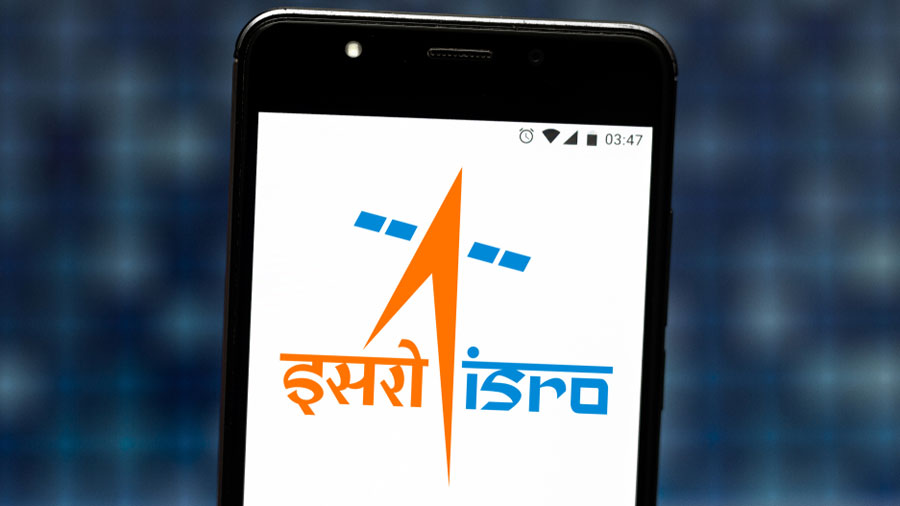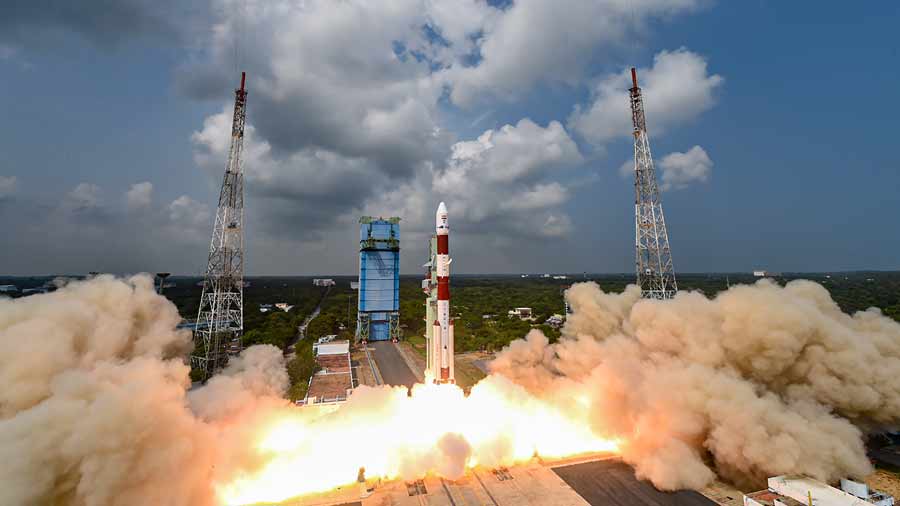The government has exempted the Indian Space Research Organisation (ISRO) from taking its approval for manufacturing, storage, use and transportation of solid propellant for space rockets to promote ease of doing business.
Earlier, ISRO was required to take a license from the Petroleum and Explosives Safety Organisations (PESO), an arm of the department for promotion of industry and internal trade (DPIIT).
A solid propellant is the main fuel used in a category of space rockets.
According to a notification of the DPIIT, the exemption is subject to a few conditions.
"The central government hereby exempts Indian Space Research Organisation from the operation of all the provisions of the Explosives rule 2008 for manufacturing, storage, use and transportation of solid propellant for space rockets falling under UN Class I (explosives)," the notification said.
As per the conditions, ISRO has to follow the guidelines of the Storage and Transportation of Explosives Committee (STEC) for the construction of buildings for the manufacture, storage, transportation and use of explosives.
They also have to carry out a biennial safety audit of the solid propellant manufacturing facilities with the participation of a member from the Centre for Fire, Explosive and Environment Safety (CFEES), which is under the ministry of defence, as per the notification.
An official said that the move is aimed at promoting ease of doing business.
The PESO, formerly known as the Department of Explosives, is a nodal agency for regulating the safety of hazardous substances, such as explosives, compressed gas and petroleum.
The official said that ISRO is a world-class organisation and has all the expertise in handling such explosives and the composition of these materials is complex and sensitive.
ISRO was demanding this exemption, which was in place before 2008. In 2008, some changes were made in the explosives rule, which took away that exemption and now that has been restored, the official said.
"But this exemption is there only for such propellants. For hazardous chemicals, they will have to take the license," the official added.












